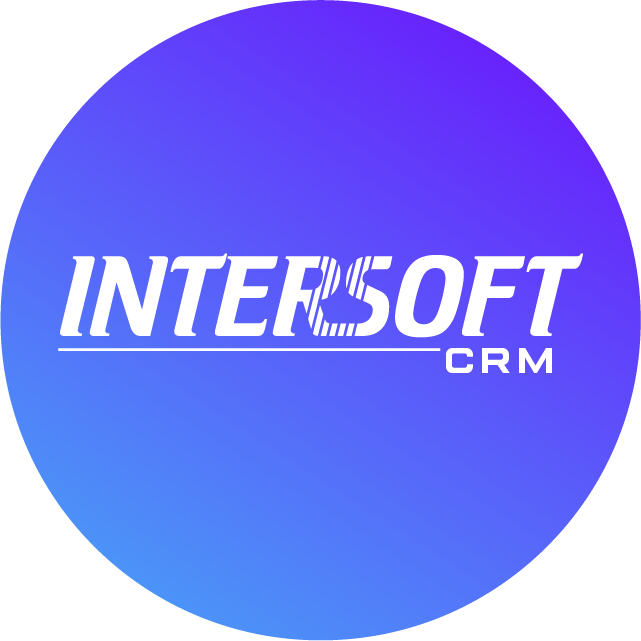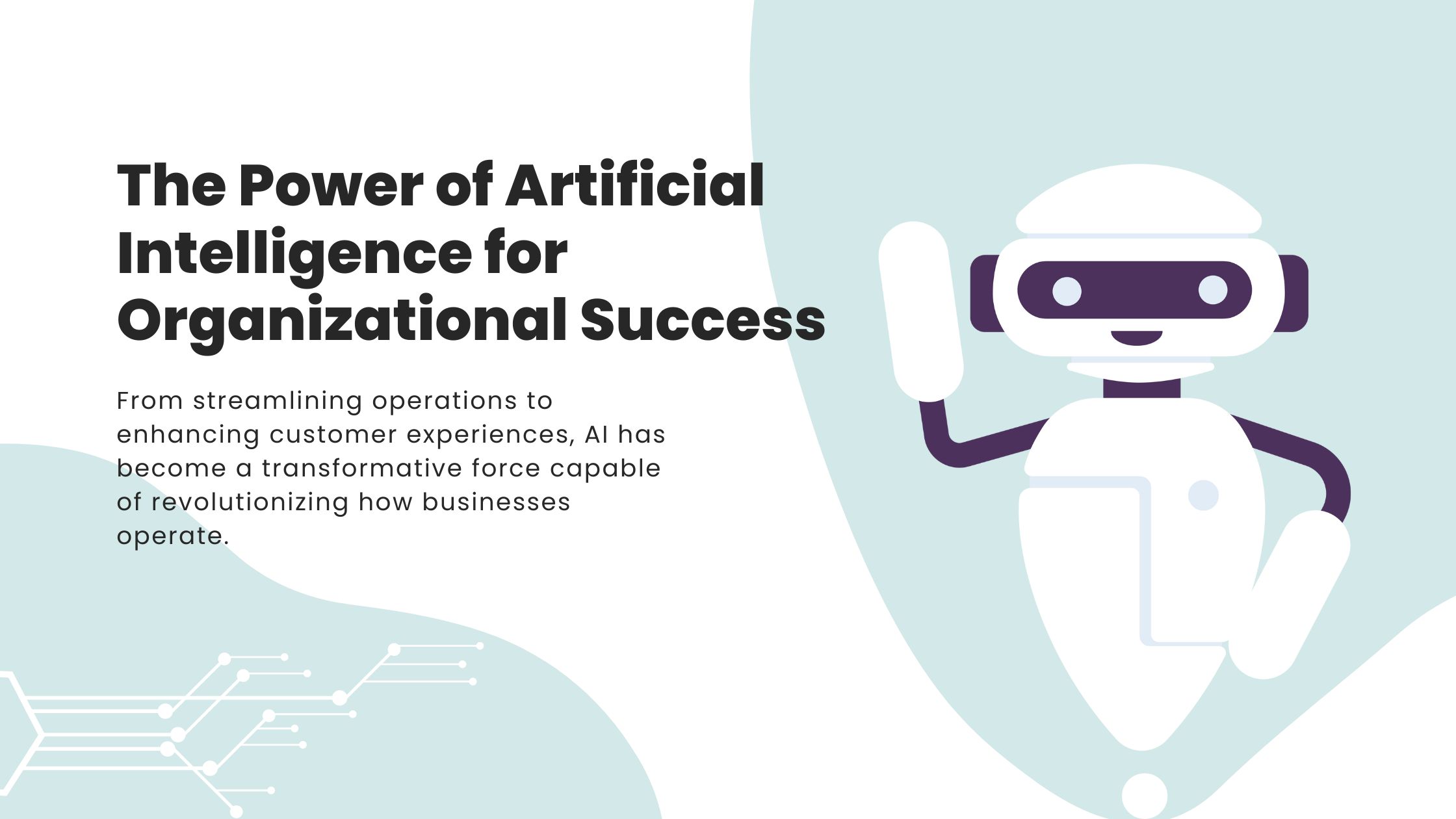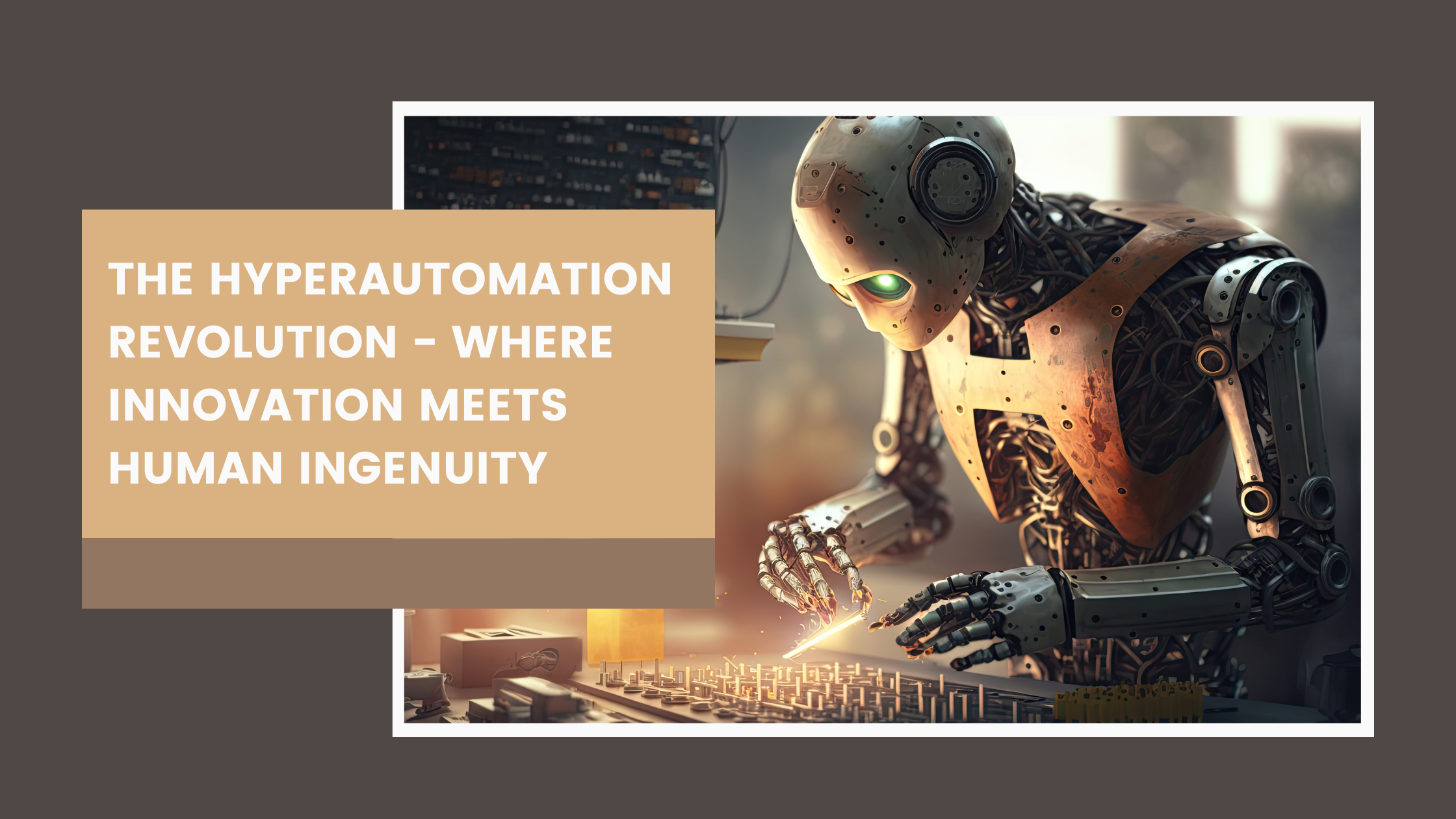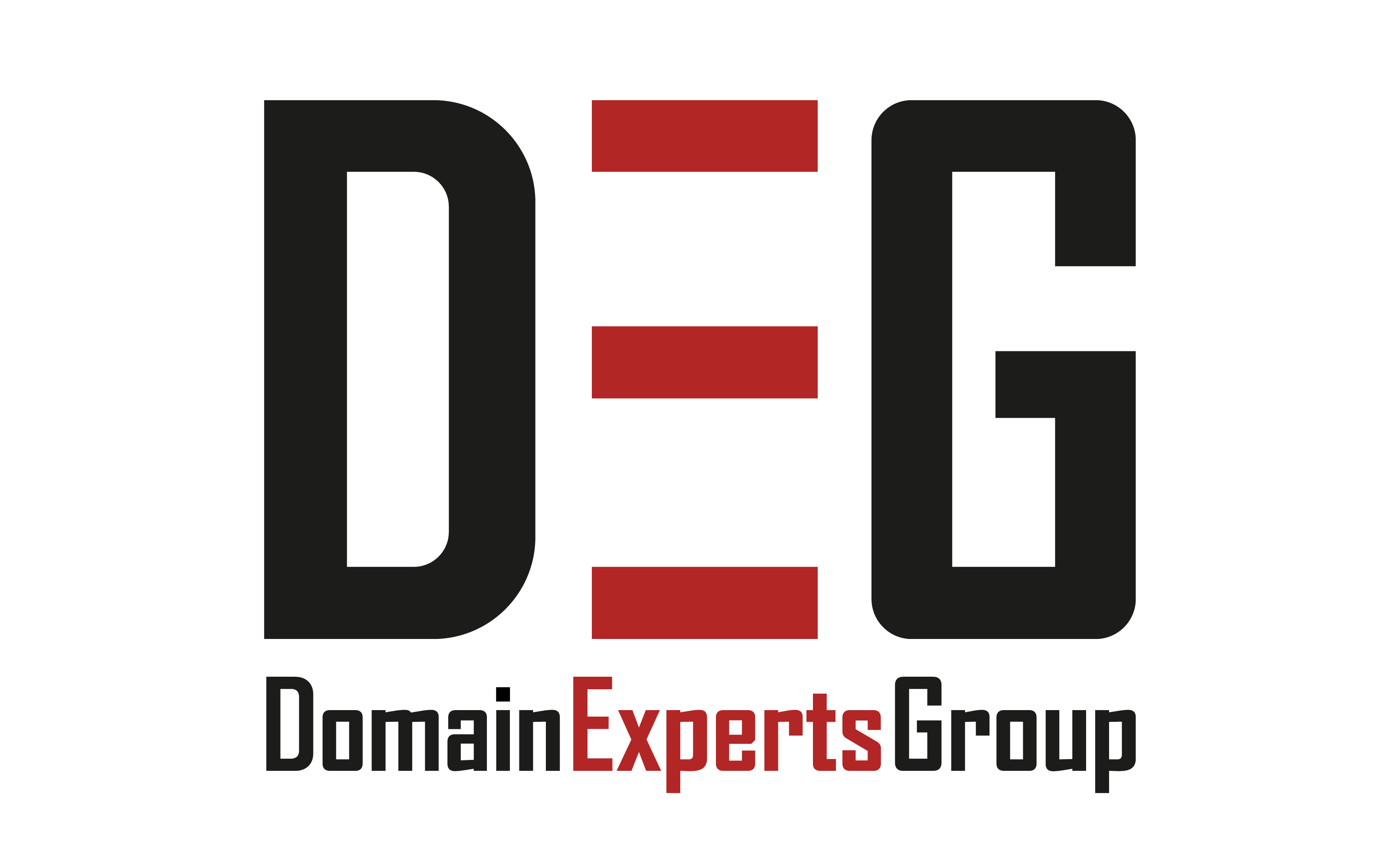The Power of Artificial Intelligence for Organizational Success
In today's rapidly evolving digital landscape, organizations across industries are increasingly turning to artificial intelligence (AI) to gain a competitive edge and drive success. From streamlining operations to enhancing customer experiences, AI has become a transformative force capable of revolutionizing how businesses operate. In this blog post, we'll explore how harnessing the power of AI can propel organizational success to new heights.
Understanding Artificial Intelligence
Before delving into its applications, let's briefly understand what AI entails. Artificial Intelligence refers to the simulation of human intelligence processes by machines, particularly computer systems. These processes include learning, reasoning, problem-solving, perception, and linguistic intelligence. AI encompasses various subfields such as machine learning, natural language processing, computer vision, and robotics, among others.
Enhancing Operational Efficiency
One of the most significant benefits of AI for organizations is its ability to enhance operational efficiency. Through automation and intelligent decision-making, AI can streamline workflows, reduce manual intervention, and optimize resource allocation. For instance, AI-powered predictive analytics can forecast demand, enabling businesses to optimize inventory levels and minimize supply chain disruptions. Similarly, AI-driven algorithms can optimize production processes, leading to higher productivity and cost savings.
Improving Customer Experiences
In today's experience-driven economy, delivering exceptional customer experiences is paramount for success. AI enables organizations to personalize interactions, anticipate customer needs, and provide timely assistance. Chatbots and virtual assistants powered by natural language processing can offer round-the-clock support, addressing customer inquiries and resolving issues in real-time. Moreover, AI-driven recommendation engines can analyze customer preferences and behavior to deliver tailored product recommendations, enhancing satisfaction and fostering loyalty.
Driving Innovation and Insights
AI empowers organizations to unlock valuable insights from vast amounts of data, driving innovation and informed decision-making. Machine learning algorithms can analyze data patterns, identify correlations, and extract actionable insights that humans may overlook. For instance, in healthcare, AI algorithms can analyze medical images to detect abnormalities and assist in diagnosis. In finance, AI-powered algorithms can analyze market trends and predict investment opportunities with greater accuracy. By harnessing AI for data-driven insights, organizations can gain a competitive advantage and stay ahead of the curve.
Empowering Employee Productivity
AI doesn't just benefit external stakeholders; it also empowers employees by automating repetitive tasks and augmenting human capabilities. By offloading mundane tasks to AI-driven systems, employees can focus on high-value activities that require creativity, critical thinking, and problem-solving skills. AI-powered tools such as virtual assistants, scheduling algorithms, and document automation software can streamline workflows and boost productivity across departments. Moreover, AI-driven analytics can provide employees with actionable insights, enabling data-driven decision-making at every level of the organization.
Ensuring Ethical and Responsible AI Use
While the potential of AI is vast, it's essential to ensure its ethical and responsible use to mitigate risks and build trust. Organizations must prioritize transparency, accountability, and fairness in their AI systems' design, development, and deployment. This includes addressing bias in data and algorithms, protecting user privacy, and complying with regulatory requirements. By adopting ethical AI principles and frameworks, organizations can leverage AI's power responsibly and sustainably, fostering trust among stakeholders and safeguarding their reputation.
Conclusion
In conclusion, artificial intelligence represents a paradigm shift in how organizations operate and compete in the digital age. By harnessing AI based solution to enhance operational efficiency, improve customer experiences, drive innovation, and empower employees, organizations can unlock new opportunities for growth and success.
However, achieving sustainable success with AI requires a strategic approach that prioritizes ethical considerations, transparency, and responsible use. As AI continues to evolve, organizations that embrace and leverage its potential will undoubtedly emerge as leaders in their respective industries, setting new standards for excellence and innovation.







